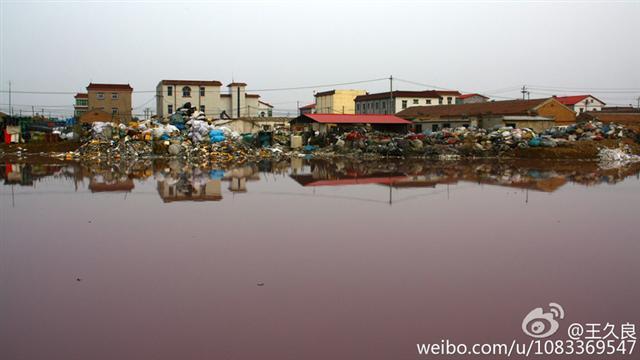China’s trash problem is so bad that regime mouthpiece Xinhua published an article on Jan. 6 headlined “Not a Rumor, China is the Global Backyard for Trash.” Xinhua makes the case that the mounds of trash the article complains about are imported from the West, but others in China leapt to point out that the fault lay with the Chinese regime, not Western countries.
“Even if we are poor, we cannot make a living by processing imported Western trash. However hard it might be, we cannot treat Western trash like adorable babies, allowing beautiful China to become a global dumping ground,” Xinhua said.
As China has become the world’s second-largest economy, reports and images of environmental problems, including air and water pollution and waste problems, are abundant in the media.
Xinhua said, “Plastic waste from the United States and medical waste from England, after traveling miles across oceans, all land at China’s docks—because Chinese buyers are willing to spend twice the price to buy the waste back, process it, and sell it.”




